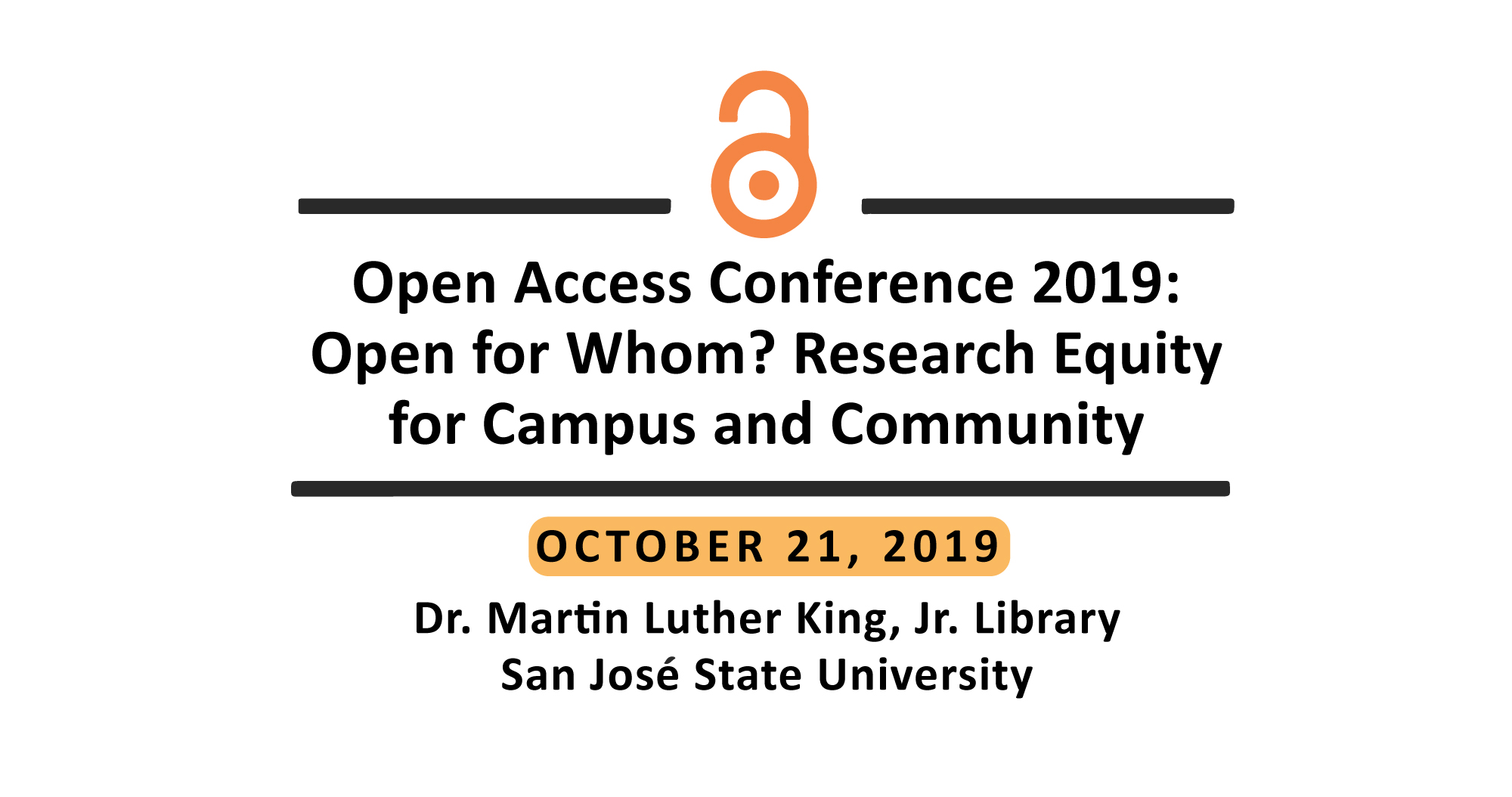Does the “O” in OER still stand for open?
Start Date
October 2019
End Date
October 2019
Description
Abstract:
At San Jose State University, the Affordable Learning $olutions initiative, which started in 2012, has been guided by the principles of choice, affordability, and accessibility. Although faculty are introduced to open materials, these resources often do not come packaged with the bells and whistles that traditional textbooks offer, such as test banks and instructional slide decks. This has opened the window for many publishers to repackage OERs for profit.
This recent phenomenon in the OER space provides the opportunity to discuss the following:
-
If OERs are behind a paywall, are they it still open?
-
Should publishers/vendors profit from OERs in order to fulfill faculty wants and needs?
-
One of the long-held tenets of OER is that materials are freely available to all, thereby benefiting everyone with equal access
-
When previously freely available content is repackaged by publishers and platforms, what does that mean for students and the “equitable” learning experience?
This presentation will discuss the changing landscape of OERs, specifically looking at challenges and issues that faculty experience when using OERs, how vendors are using those challenges to join the OER movement, and the changing equitable learning experience for students.
Does the “O” in OER still stand for open?
Abstract:
At San Jose State University, the Affordable Learning $olutions initiative, which started in 2012, has been guided by the principles of choice, affordability, and accessibility. Although faculty are introduced to open materials, these resources often do not come packaged with the bells and whistles that traditional textbooks offer, such as test banks and instructional slide decks. This has opened the window for many publishers to repackage OERs for profit.
This recent phenomenon in the OER space provides the opportunity to discuss the following:
-
If OERs are behind a paywall, are they it still open?
-
Should publishers/vendors profit from OERs in order to fulfill faculty wants and needs?
-
One of the long-held tenets of OER is that materials are freely available to all, thereby benefiting everyone with equal access
-
When previously freely available content is repackaged by publishers and platforms, what does that mean for students and the “equitable” learning experience?
This presentation will discuss the changing landscape of OERs, specifically looking at challenges and issues that faculty experience when using OERs, how vendors are using those challenges to join the OER movement, and the changing equitable learning experience for students.

